How the UN high seas treaty aims to protect the world’s oceans
Nearly 200 countries agreed to a legally binding protocol that has been two decades in the making
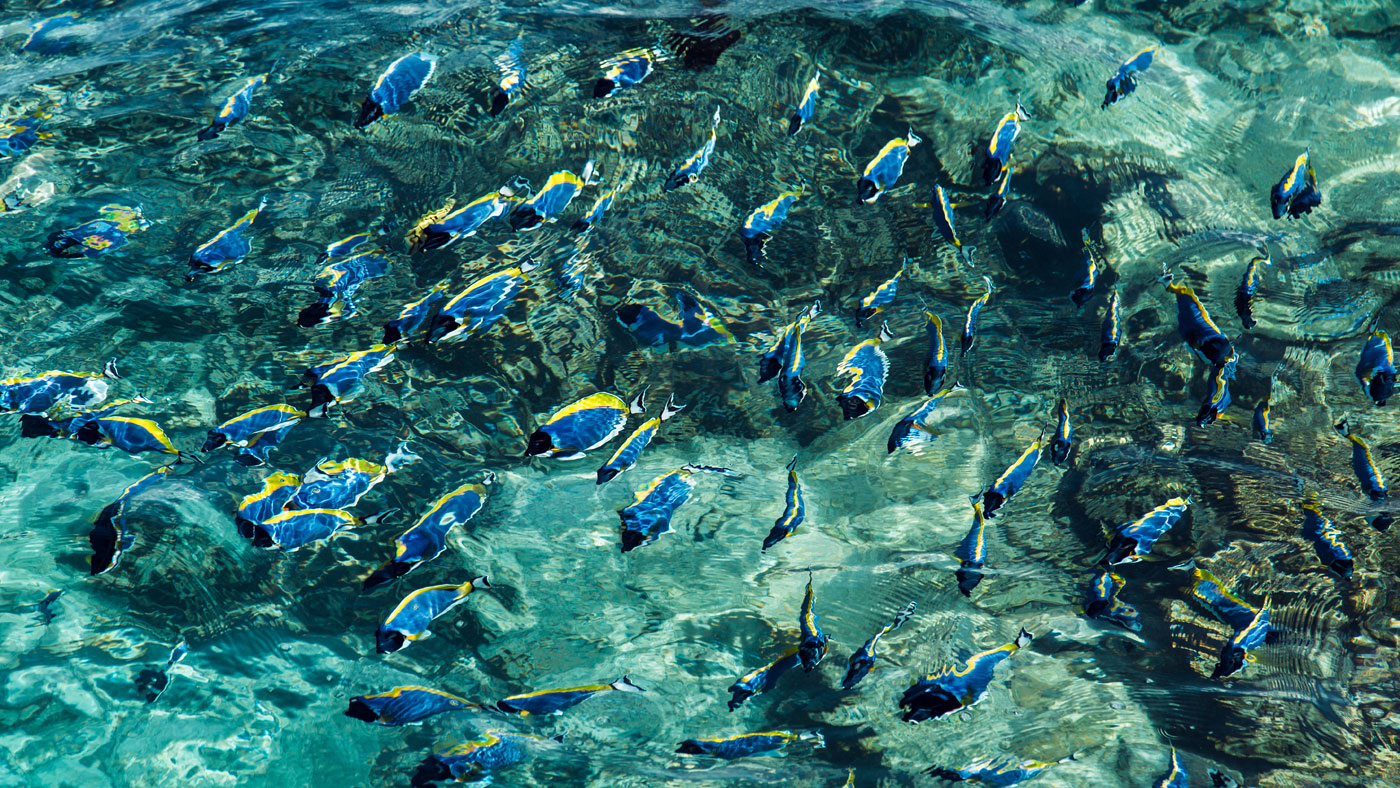
A free daily email with the biggest news stories of the day – and the best features from TheWeek.com
You are now subscribed
Your newsletter sign-up was successful
Covering nearly half of the Earth’s surface, the so-called high seas – areas of ocean more than 200 nautical miles from all coasts – are home to up to ten million species and are a vital resource.
Ocean ecosystems generate half of the oxygen we breathe, comprise 95% of the planet’s biosphere and soak up vast amounts of carbon dioxide. Yet to date, the high seas have been an essentially lawless place, sitting beyond any national jurisdiction.
This lack of governance has resulted in pollution, overexploitation of fish stocks and damage to habitats that has impacted two-thirds of the ocean, according to a recent assessment by the Intergovernmental Science-Policy Platform on Biodiversity and Ecosystem Services.
The Week
Escape your echo chamber. Get the facts behind the news, plus analysis from multiple perspectives.

Sign up for The Week's Free Newsletters
From our morning news briefing to a weekly Good News Newsletter, get the best of The Week delivered directly to your inbox.
From our morning news briefing to a weekly Good News Newsletter, get the best of The Week delivered directly to your inbox.
Campaigners hope that is all about to change, however, after nearly 200 countries this weekend agreed to the UN High Seas Treaty – a legally binding protocol that has been two decades in the making and that required a gruelling 36-hour final session the UN’s New York headquarters to get over the line.
‘Many important issues unresolved’
The signing of the deal represents a momentous achievement for international diplomacy. Prior to the treaty, only about 1% of the high seas were protected. But while the “headline” part of the agreement is the placement of 30% of the world’s international waters into protected areas (MPAs) by 2030, said the BBC, ferocious debates between delegates left many important issues unresolved.
Dr Simon Walmsley, marine chief advisor of WWF-UK, said: “There was debate particularly around what a marine protected area is. Is it sustainable use or fully protected?”
While such questions have yet to be answered, even getting the agreement this far was a tremendous effort. The so-called High Ambition Coalition – which includes the EU, US, UK and China – were all “key players” in brokering the deal, said The Guardian, while “the Global South led the way in ensuring the treaty could be put into practice in a fair and equitable way”.
A free daily email with the biggest news stories of the day – and the best features from TheWeek.com
‘Hard work only just begun’
But the deal is by no means in the bag. It must first be formally adopted at a later session, and will only come into force after governments legally pass the measures in their own countries. And Russia was one of a number of countries that registered concerns about the final text.
Dr Walmsley to the BBC that “there is a real delicate balance, if you don’t have enough states it won’t enter into force”. The deal also required the backing of “the states with enough money to get the impact”, he added. “We are thinking around 40 states to get the whole thing into force.”
Experts have “already warned that the treaty must be rapidly adopted, ratified and implemented in order to make a genuine impact,” said Sky News’s climate change correspondent Hannah Thomas-Peter. “As delegates travel home from New York, they will be aware of all of this, and that the hard work has really only just begun.”
-
 ‘Restaurateurs have become millionaires’
‘Restaurateurs have become millionaires’Instant Opinion Opinion, comment and editorials of the day
-
 Earth is rapidly approaching a ‘hothouse’ trajectory of warming
Earth is rapidly approaching a ‘hothouse’ trajectory of warmingThe explainer It may become impossible to fix
-
 Health insurance: Premiums soar as ACA subsidies end
Health insurance: Premiums soar as ACA subsidies endFeature 1.4 million people have dropped coverage
-
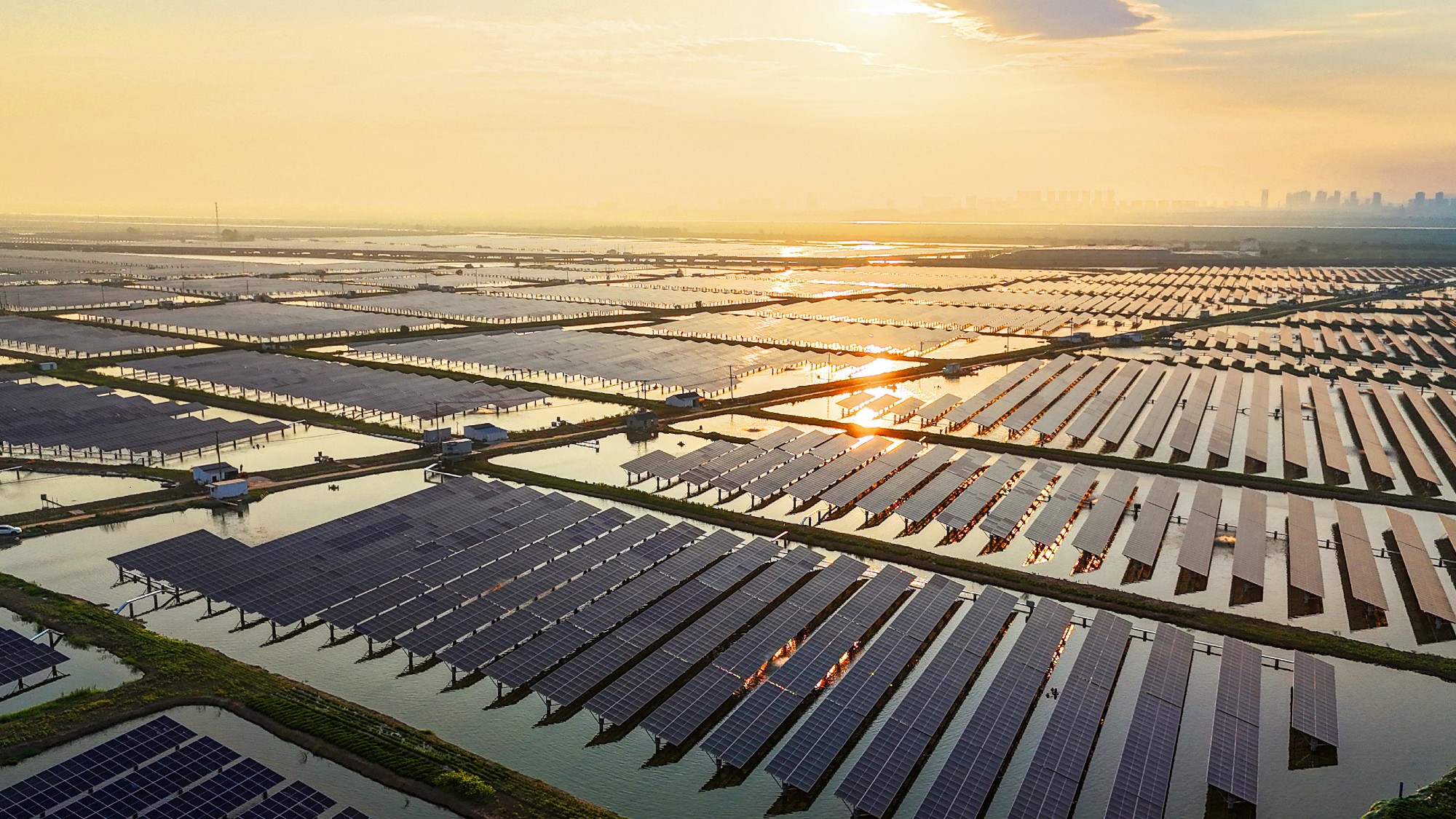 The future of the Paris Agreement
The future of the Paris AgreementThe Explainer UN secretary general warns it is ‘inevitable’ the world will overshoot 1.5C target, but there is still time to change course
-
 Eel-egal trade: the world’s most lucrative wildlife crime?
Eel-egal trade: the world’s most lucrative wildlife crime?Under the Radar Trafficking of juvenile ‘glass’ eels from Europe to Asia generates up to €3bn a year but the species is on the brink of extinction
-
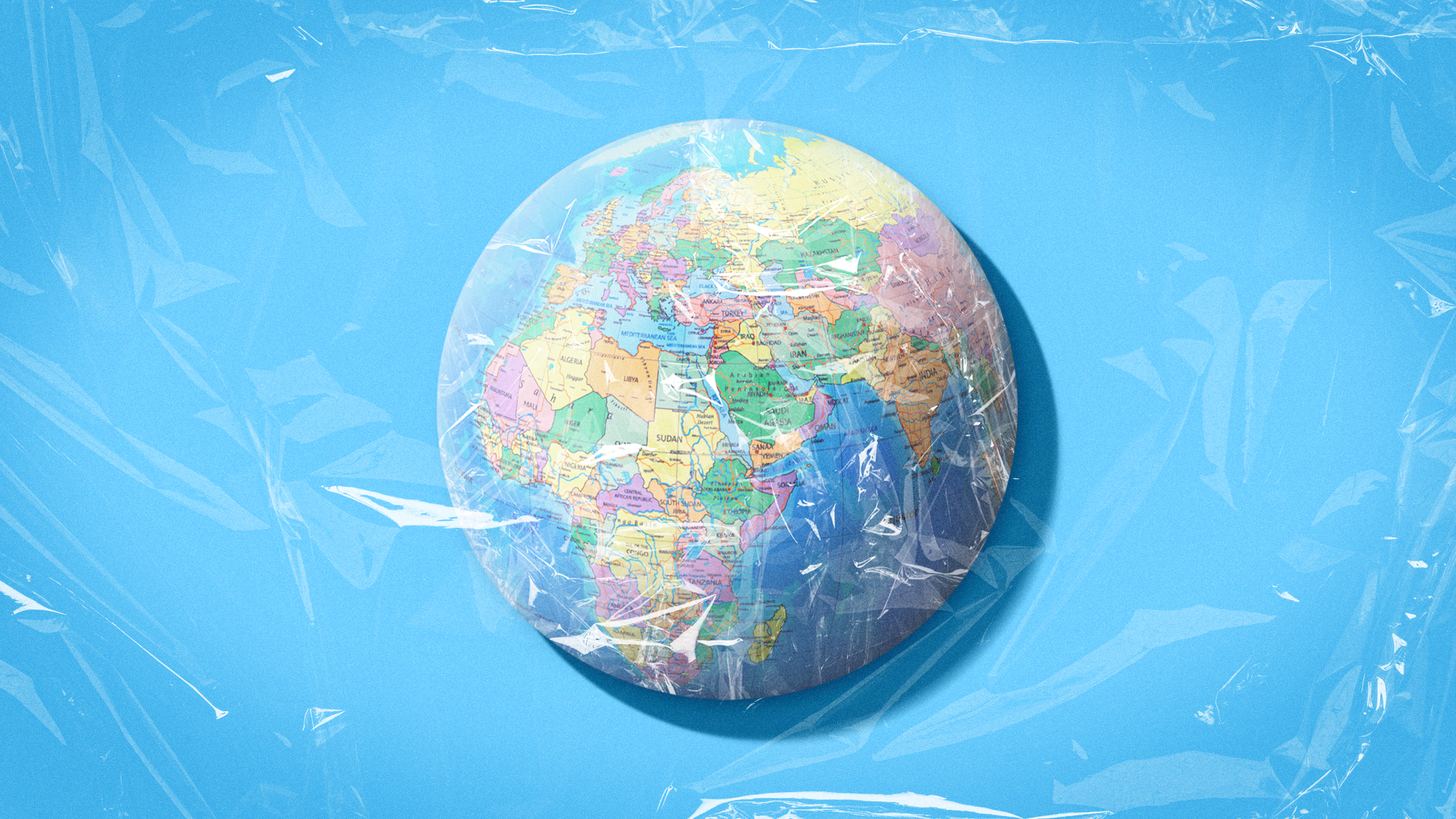 Why is the world so divided over plastics?
Why is the world so divided over plastics?Today's Big Question UN negotiations on first global plastic treaty are at stake, as fossil fuel companies, petrostates and plastic industry work to resist a legal cap on production
-
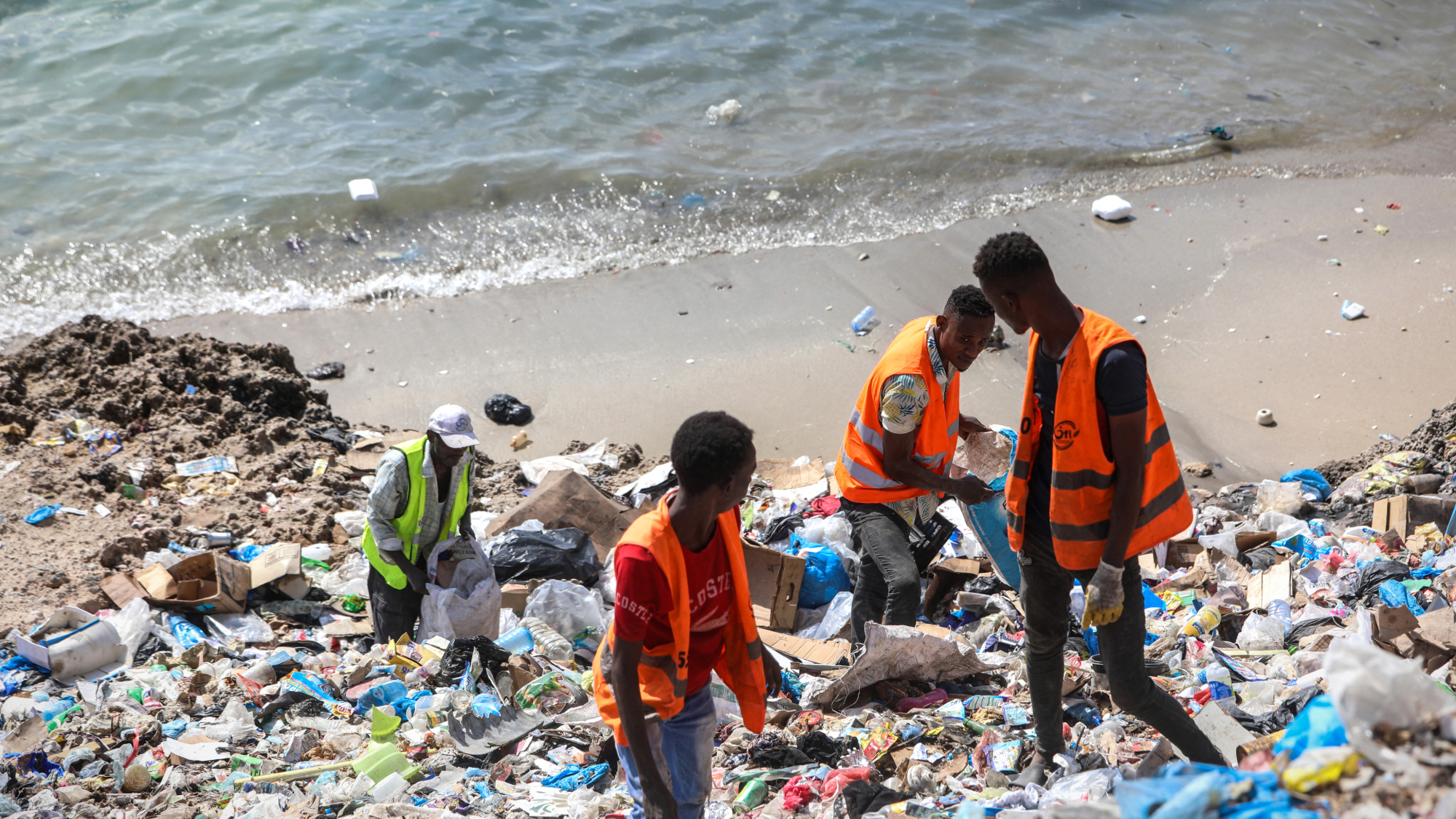 Global plastics summit starts as COP29 ends
Global plastics summit starts as COP29 endsSpeed Read Negotiators gathering in South Korea seek an end to the world's plastic pollution crisis, though Trump's election may muddle the deal
-
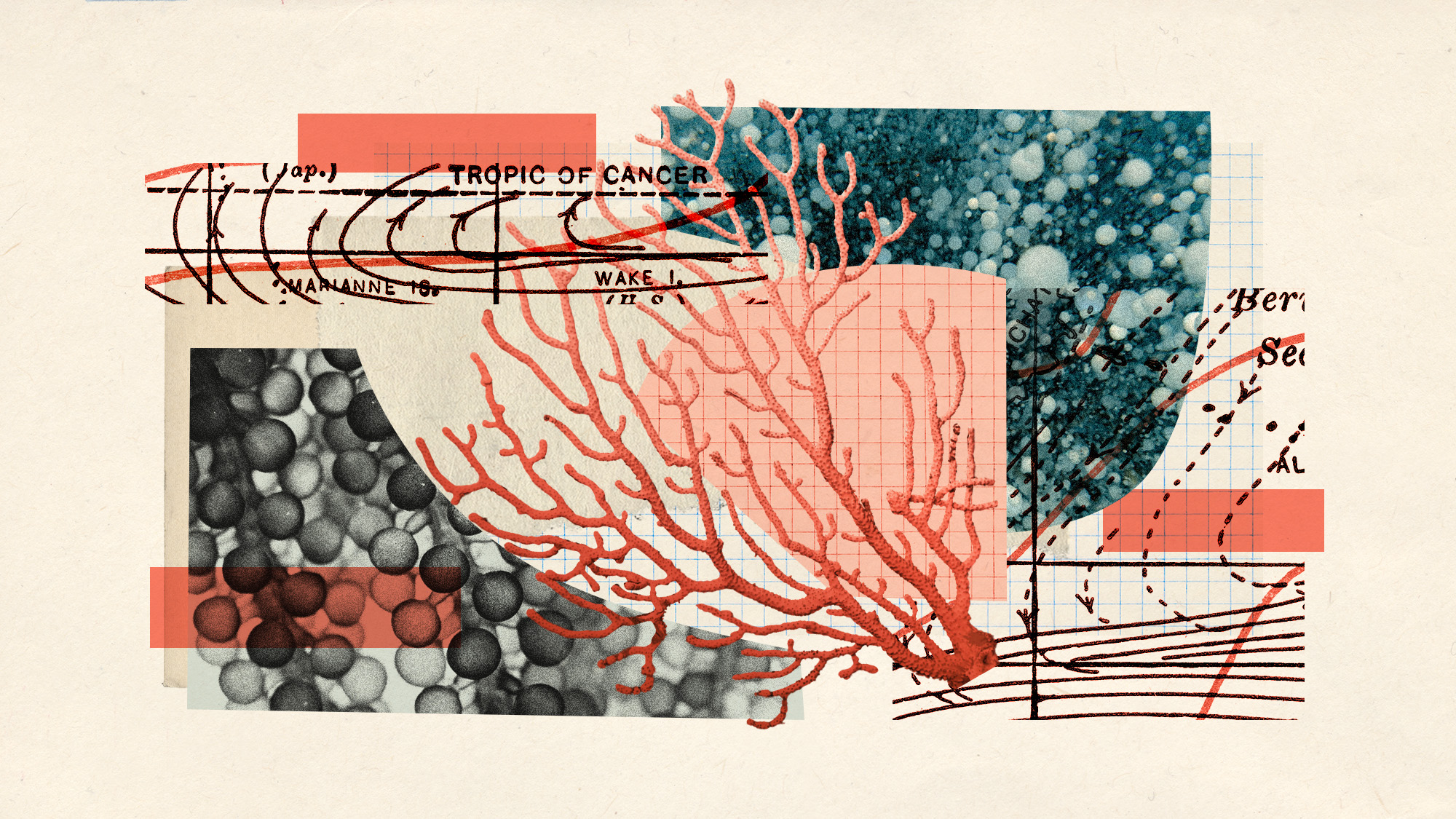 11 looming climate tipping points that imperil our planet
11 looming climate tipping points that imperil our planetIn Depth Several parts of the planet are becoming irreversibly damaged
-
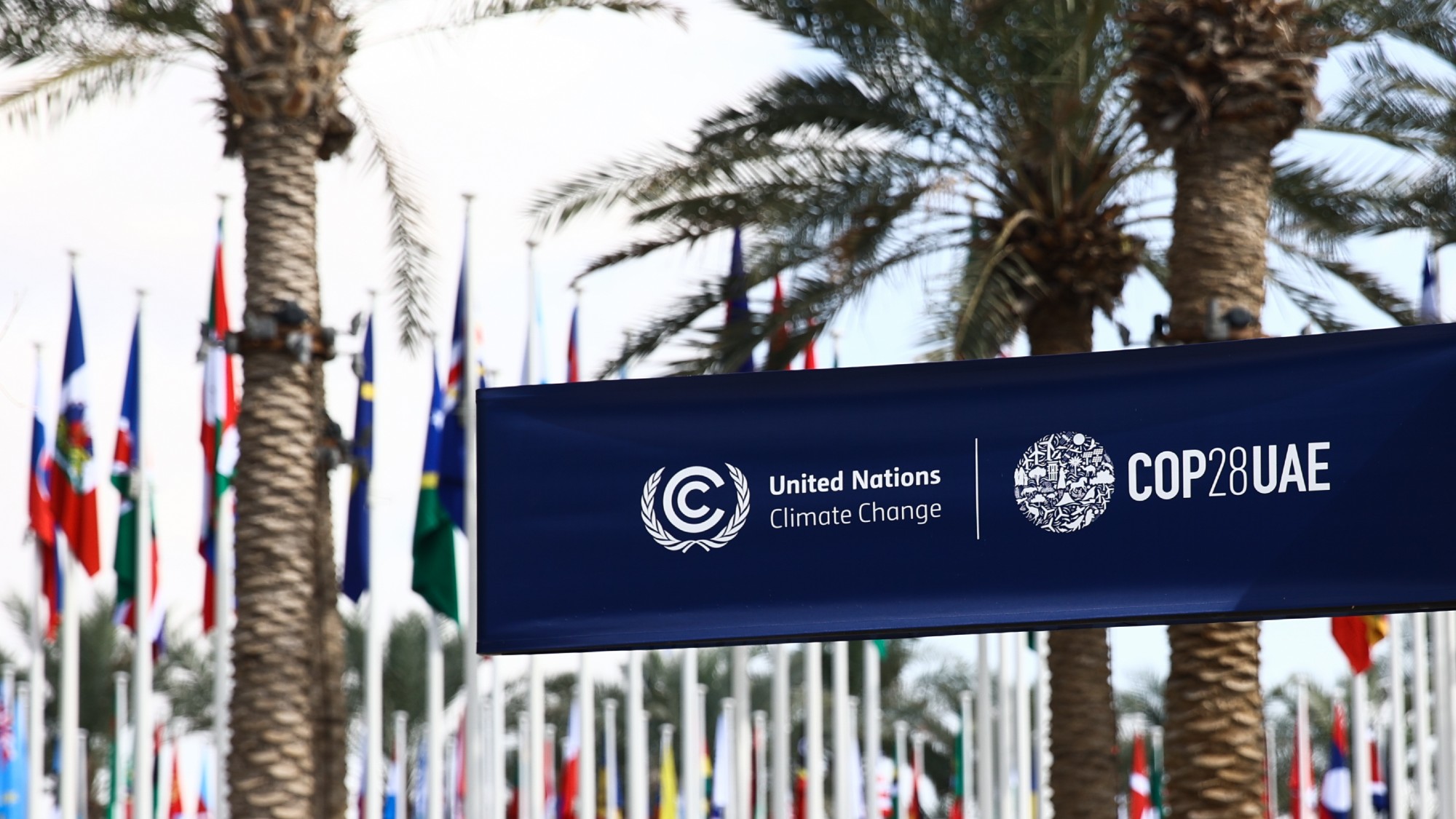 All the takeaways from COP28
All the takeaways from COP28In Depth The annual climate conference fossil-fueled controversy
-
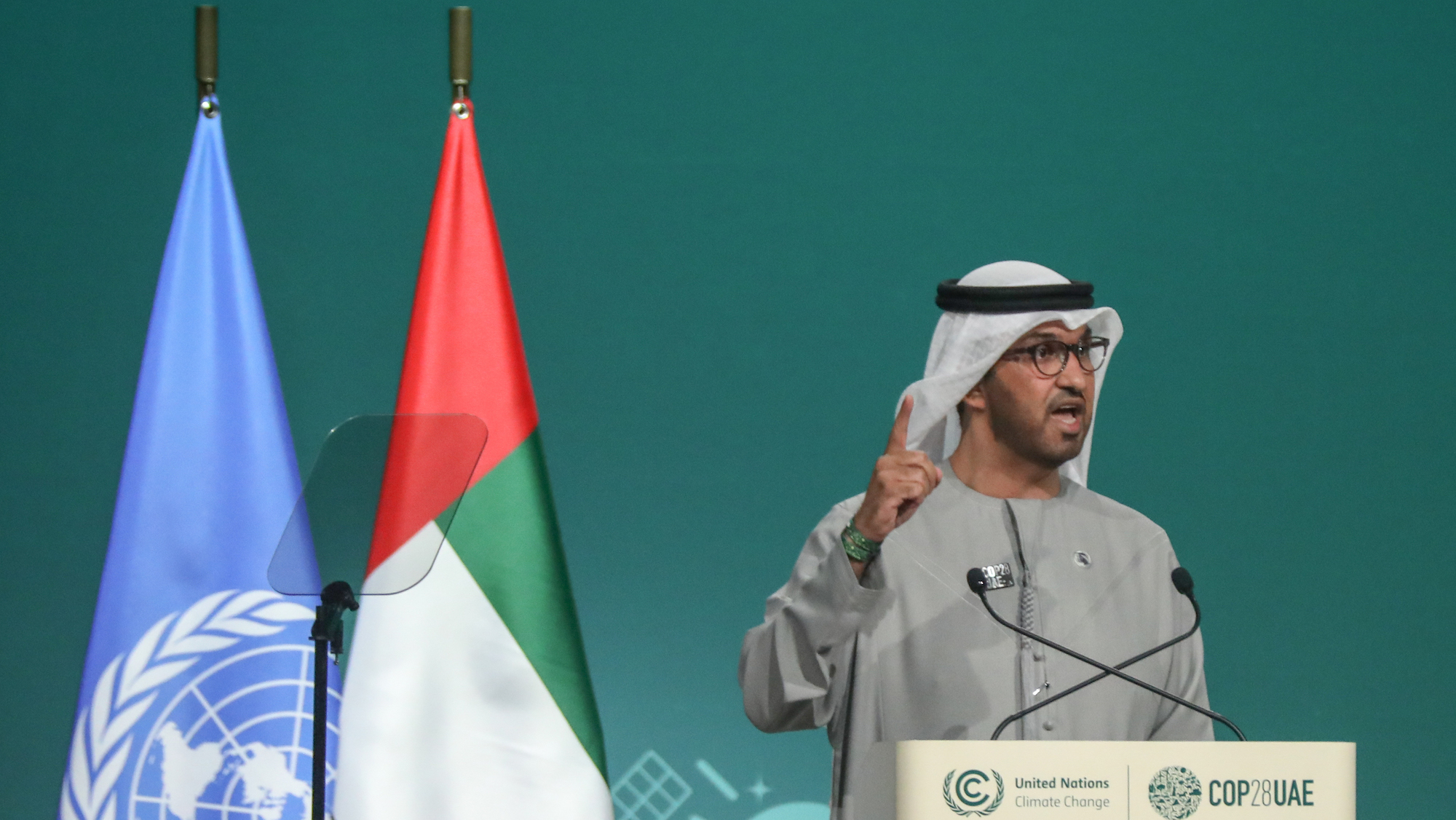 Phase out vs transition away: difference in Cop28 wording explained
Phase out vs transition away: difference in Cop28 wording explainedThe Explainer Critics say the new agreement does not go far enough in ending fossil fuel use
-
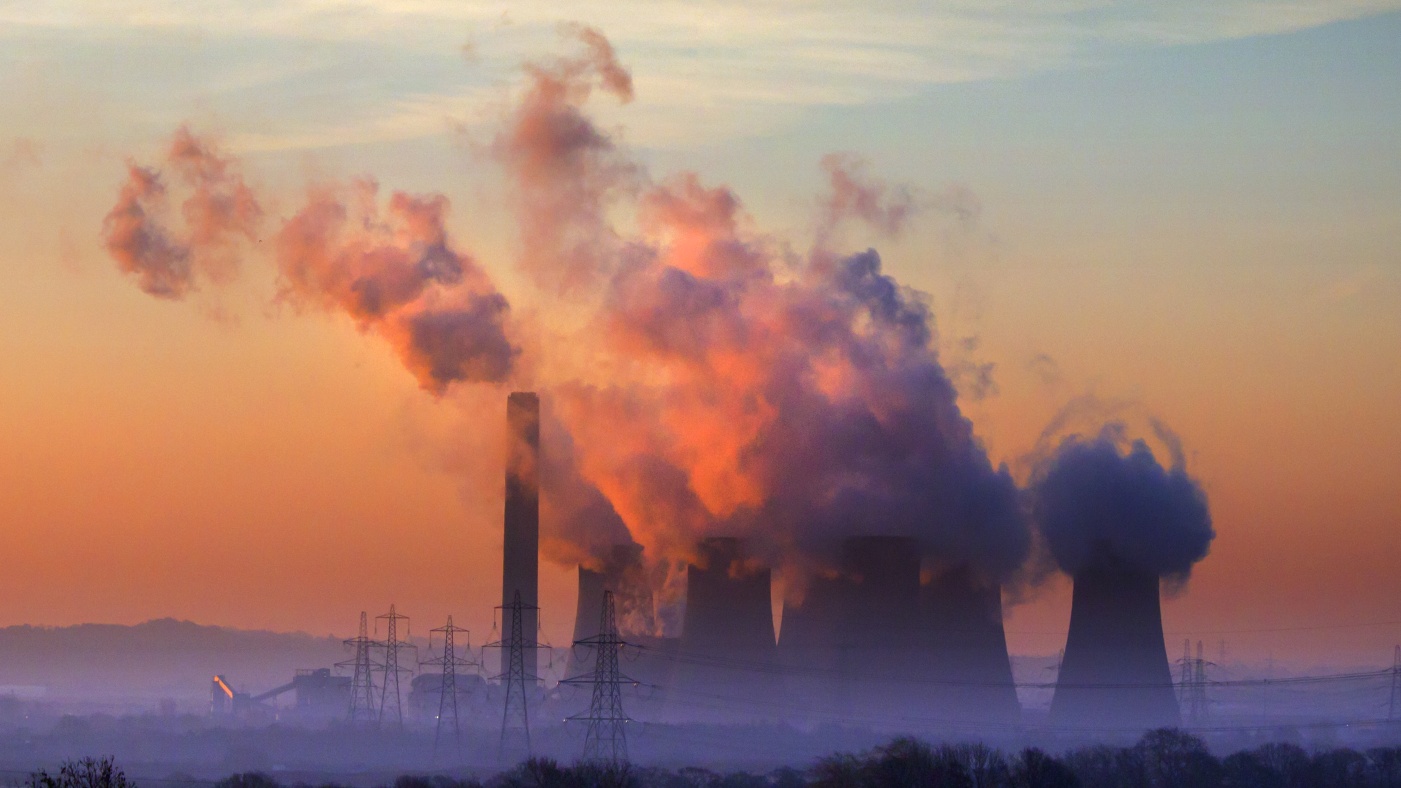 Cop28 and the fight to reach the Paris Agreement climate goals
Cop28 and the fight to reach the Paris Agreement climate goalsThe Explainer Al Gore says fossil fuel industry has 'captured' UN climate talks agenda